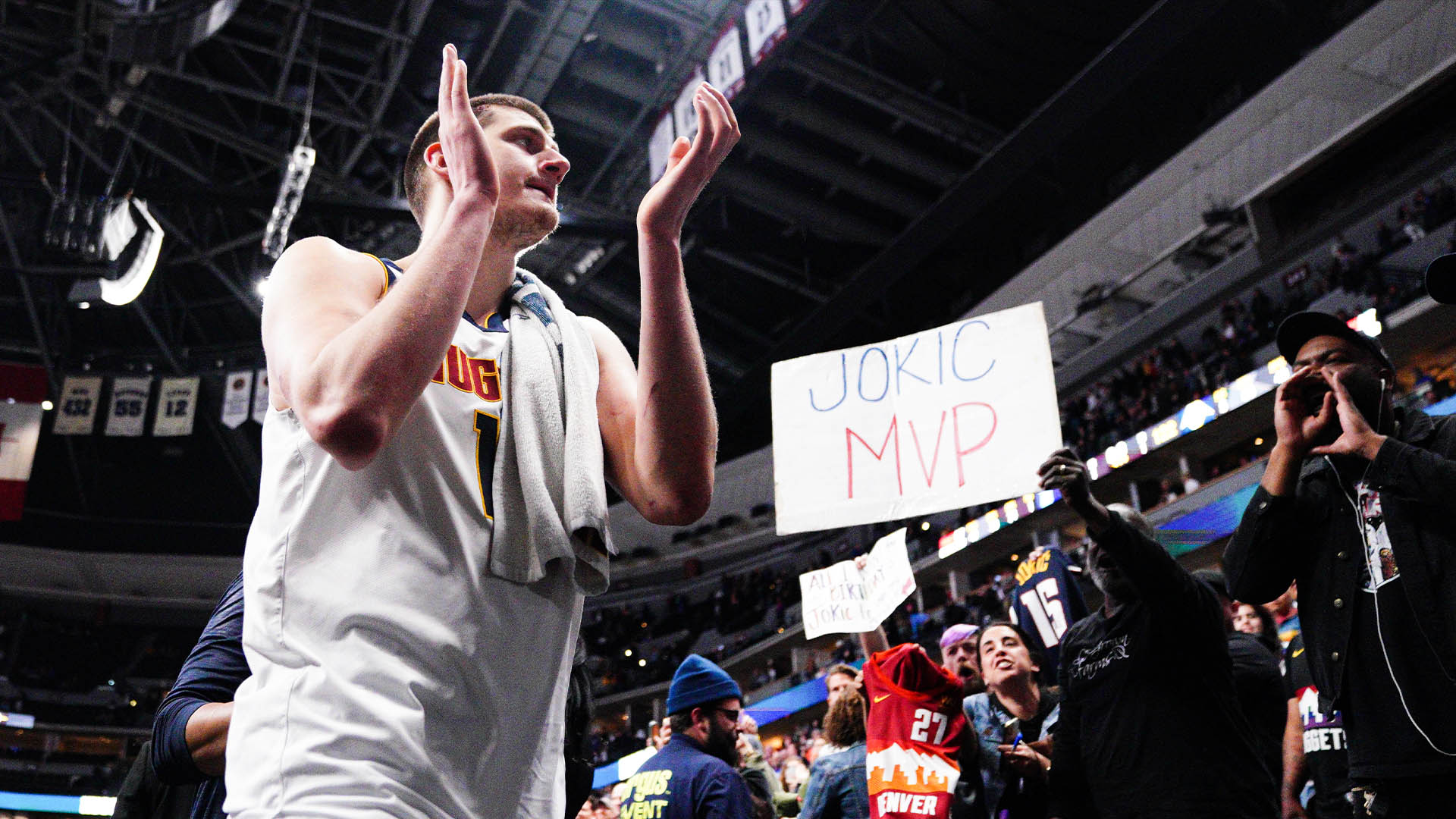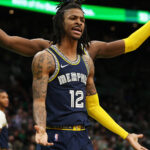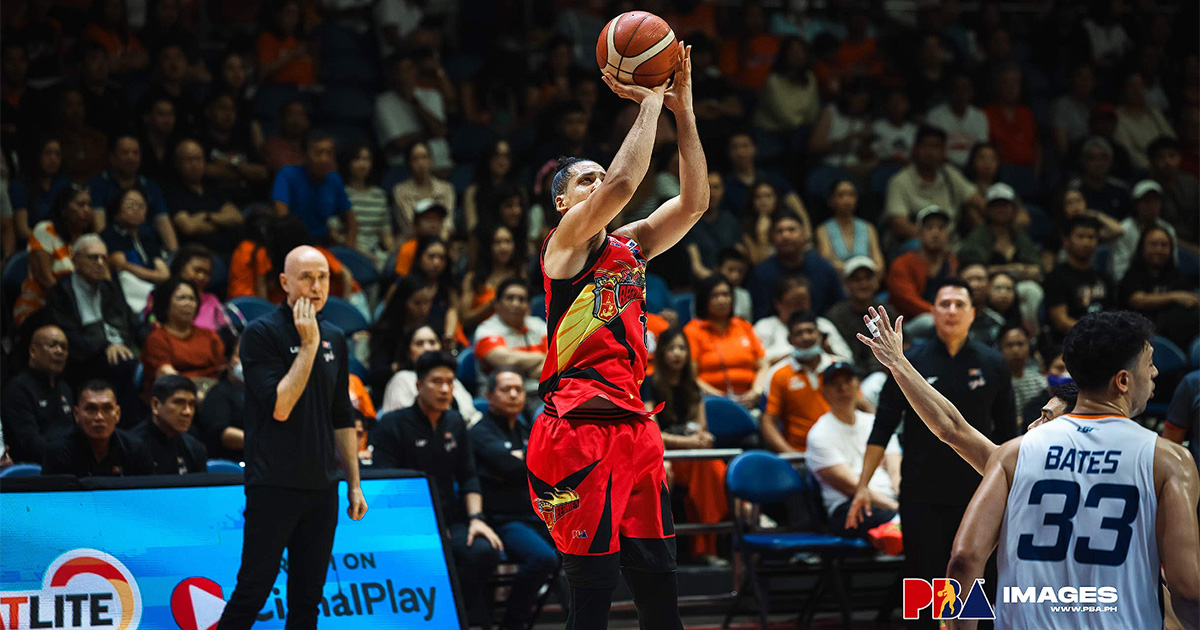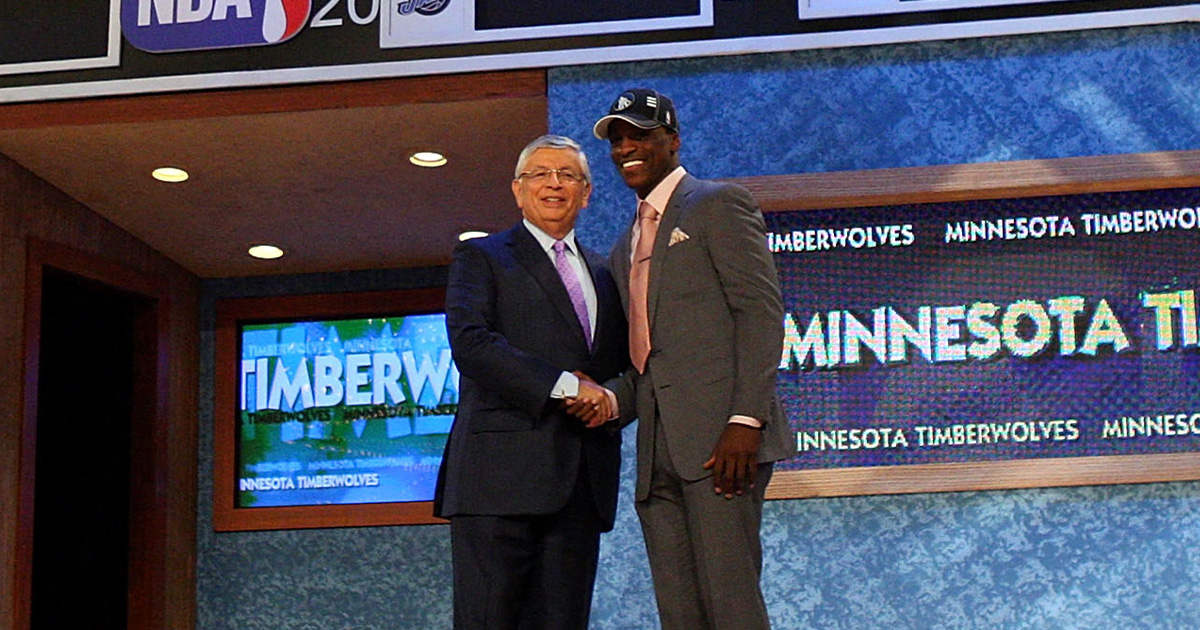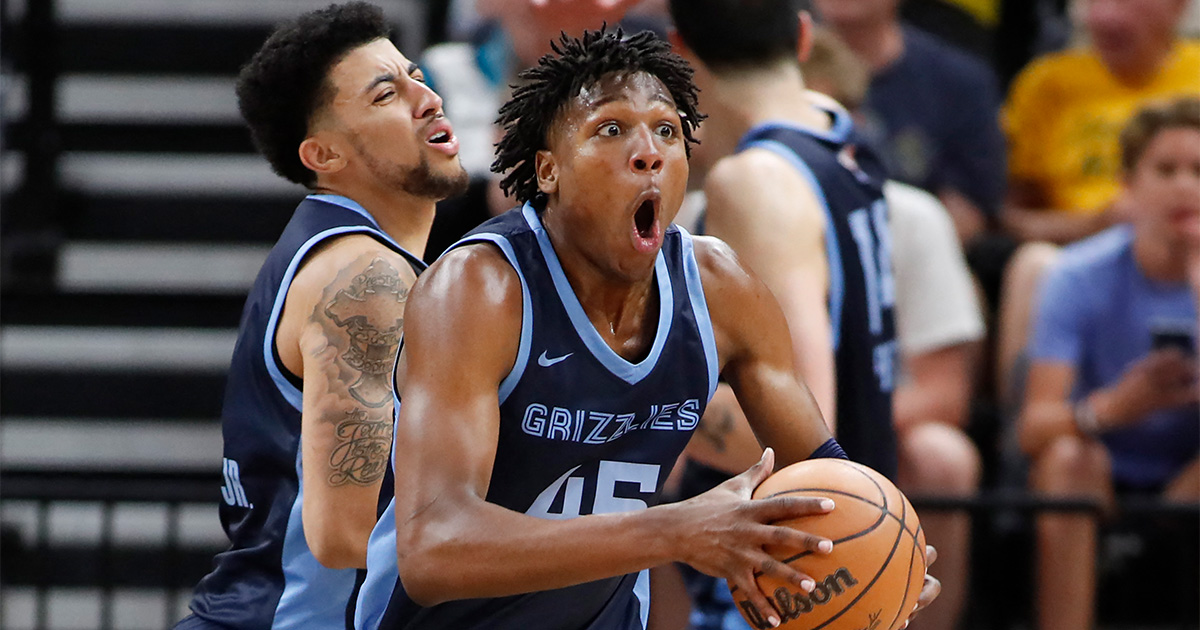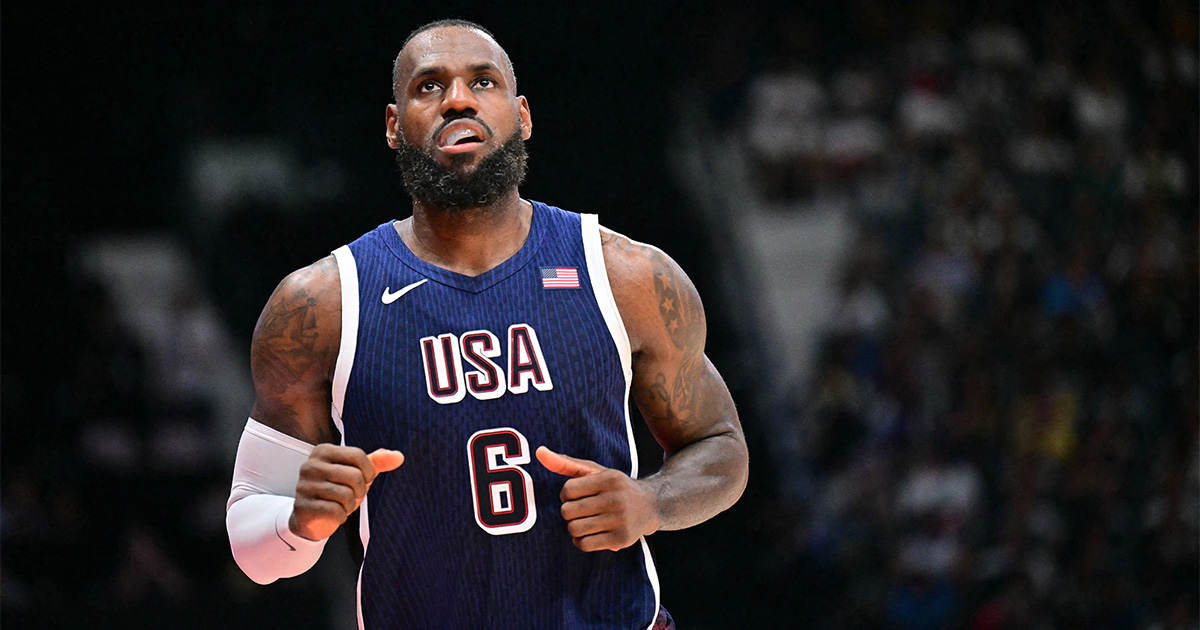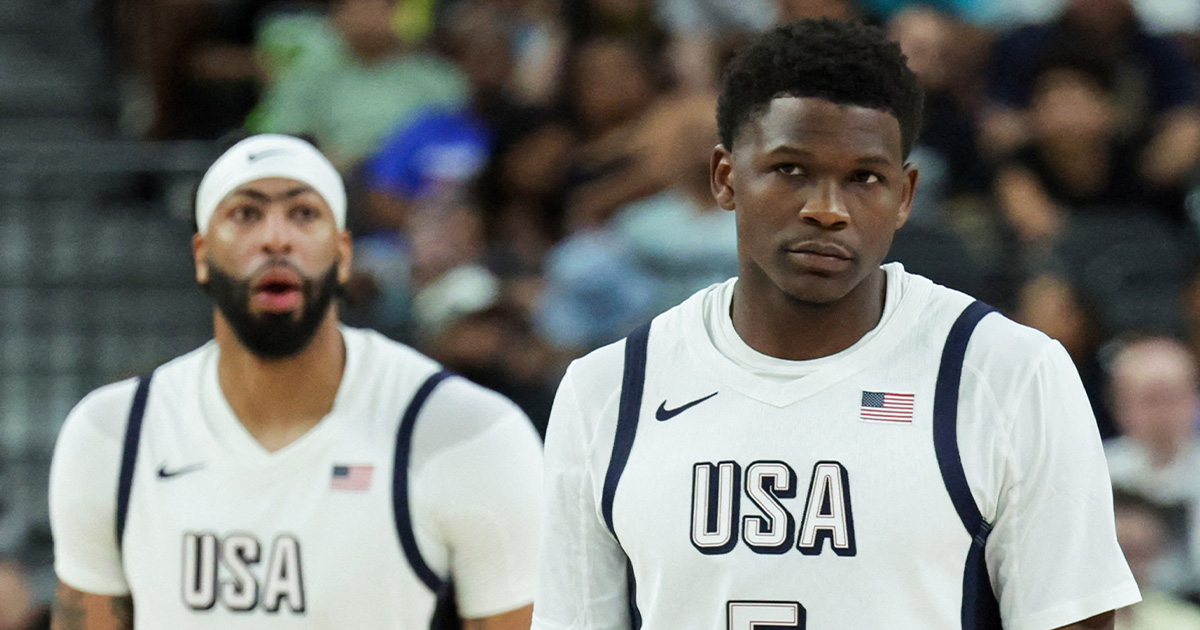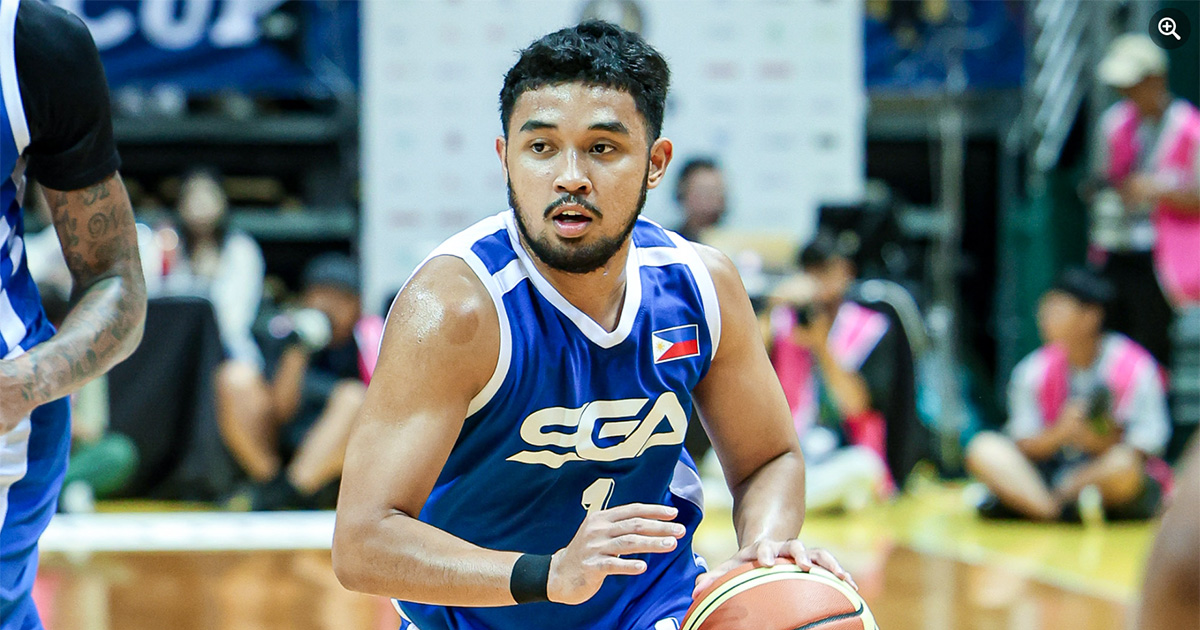1. Season awards
I’ve talked about my mind-meld guys (and gal) a couple of times in this column, but I totally forgot about PER’s big daddy, John Hollinger. He was one of my favorite sportswriters from the golden era of espn.go.com (“part of the Go Network, Go.com”—if you know, you know), along with Bill Simmons, Marc Stein, and Jason Whitlock (plus Page 2’s Dave Schoenfeld who covers baseball). Hollinger’s articles were usually Insider access only, so I had to immerse myself in bbs.hupu to get my fix.
He left ESPN in 2012 for a front office role with the Memphis Grizzlies, where he was the VP of basketball operations until 2019. I only found out a couple of months ago that he’s writing for The Athletic, and I’ve recently been catching up. I love his style and how he marries analytics with commonsense. He has one of the best—and most importantly, correct—perspectives on the GOAT discussion (“Jordan played in an era where it was much harder for a perimeter player to dominate and most of the top players were centers. James’s era, by contrast, is one where perimeter players are ascendant… Once one accounts for the wind at James’s back and the headwind Jordan played against, it’s pretty easy to say Jordan’s relative value to his peers during his peak seasons was still greater than that of James.”—suck that, Daryl)
Hollinger wrote about his awards ballot this week and apart from a couple of differences, I’d say our mind-meld synchronization level was pretty high. I don’t even have to discuss all my choices in-depth because Hollinger already covered most of them.
Here’s my imaginary ballot:
• MVP: Nikola Jokic. Joker had another monster week: 3 GP, 38.0 PTS, 17.0 REB, 5.3 AST, 2.7 STL, 1.0 BLK, while shooting 60.5% from the field. He also became the first player in the NBA’s 75-year history to score 2,000 points, grab 1,000 rebounds, and dish out 500 assists in a single season. I pegged him as the frontrunner last week, and while I sincerely wanted to keep an open mind heading into the final week, Jokic’s strong finish makes the choice easier.
I wrote this about Jokic in mid-December and it’s just amazing how much of it remains true in April. That’s how consistently brilliant he has been for the entire season. Sometimes people get caught up in narratives, but it’s important to remind everyone that the MVP is for the whole season, not three-quarters or whatever segment of it.
Joel Embiid and Giannis Antetokounmpo are both deserving candidates this season—and I’m swapping them again from my last week’s rankings after Embiid all but locked up the scoring title—but all things considered, I’m giving the edge to Joker.
• ROY: Evan Mobley
• DPOY: Robert Williams. Hollinger had the Grizzlies’ Jaren Jackson here, but I’m going with the Time Lord. The Celtics have been the best defensive team in the league and Williams has been the anchor of that defense. He leads the league in defensive rating and is in the top 5 of defensive win shares, defensive BPM, and block percentage.
• Sixth Man: Tyler Herro. Hollinger makes a great case for Kevin Love and why voters should start injecting some rationality to this award. But I consider the history—think Jamal Crawford and Lou Williams—so I don’t have major qualms about giving it to Herro.
• Most Improved: Dejounte Murray. Ja Morant will likely win, but Murray fits my definition of “improvement” better.
• Coach of the Year: Monty Williams. I expected the Suns to regress this year, but they came back to set the franchise-record for most wins in a season.
• All-NBA
First Team: Luka Doncic, Devin Booker, Jayson Tatum, Giannis, Jokic
Second Team: Ja Morant, Chris Paul, Kevin Durant, DeMar DeRozan, Joel Embiid
Third Team: Steph Curry, Trae Young, Jimmy Butler, LeBron James, Karl-Anthony Towns
The NBA made Jokic and Embiid eligible for the forward slots this season, and Hollinger had them both on the first team. But, as I said, I care for history, and Hakeem Olajuwon, David Robinson, and Patrick Ewing regularly missed out on first and second team honors because they all played the same position. Neither Jokic nor Embiid played as a forward this year, so I can’t put them on the same team as a matter of principle. Sorry.
The only real big issue I have was Hollinger putting LeBron on the second team ahead of KD. Come on, John, you gotta stop drinking that Kool-Aid! KD will end up playing 55 games, just one less than LeBron, and has been far and away the more impactful player. KD is averaging 30.1 points, 7.4 rebounds, 6.2 assists, with a 25.8 PER, so it’s not as if LeBron holds any significant statistical advantage.

Pascal Siakam is probably closer to LeBron for the final spot on the third team, but Spicy P’s numbers don’t really pop out and we frequently see “good stats, bad team” guys make All-NBA. I guess LeBron on the third team is fair—Bradley Beal averaged 31.3 last year and Bernard King averaged 28.4 in 1991, and both made the third team while playing for 30-something-win teams. But Beal and King both played at least 78% of the games, while LeBron is below 70%. Damn, maybe I should put Siakam in! But I’ll keep LeBron for now just so I wouldn’t be branded a hater. (Just a final word on LeBron: him averaging 30 at his age is impressive, but how many 37-year-old guys are given full-control of the offense and allowed to slack off on defense without fear of getting benched? Allen Iverson was out of the league before the age of 35 because he wanted to do that.)
Hollinger also didn’t have CP3, but he’s about to win his fifth assists crown with a godlike assists-to-turnover ratio of 4.6 (even better than last year’s 4.0). The Suns ran away with the league’s best record and Paul has been every bit as good as last year when he made the second team. He’s been more consistent than Steph for the entire season, who I’m bumping down to the third team.
2. Throwback video of the week
The only time Jordan almost missed the playoffs as a member of the Chicago Bulls was during the 1985-86 season. That was the year when he missed 64 games due to a broken foot, and the Bulls barely edged out the Cavs for the final spot in the East partly because Jordan didn’t embrace the idea of tanking. Chicago finished one game ahead of Cleveland in the final standings, which made the opening night matchup between the Central Division rivals retrospectively decisive. Jordan hit the game-winning free throw and made a game-saving block in Chicago’s 116-115 OT victory.

